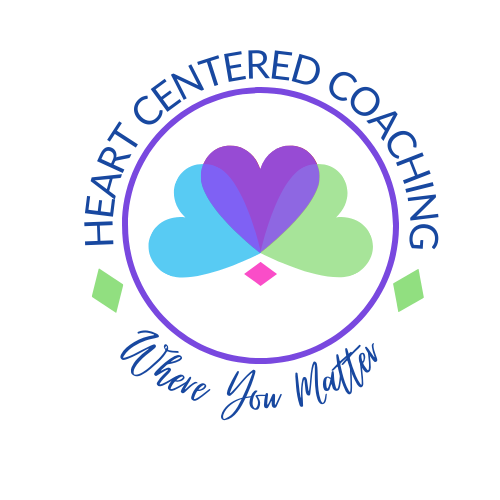Awareness of what happened to us as children [the abuse and neglect] and how it impacted life from the first incident [anchor trauma] onwards truly helps lessen the shame, blame, guilt that gets assimilated as a truth pertaining to one’s worthiness, lovableness and amount of shame. Yet, this isn’t a truth at all, is it? In fact, these are lies.
As healing happens, there is an *awakening* of sorts and part of this is realizing how one’s own traumatized or wounded brain plus social/relational underdevelopments have impacted others, especially those we love and want in our support circle. It’s important as we make this transition of awareness, that it is remembered that a wounded brain thinks and responds very differently to life’s ‘normal’ challenges. Frankly the wounded brain has parts that didn’t develop properly, some being overdeveloped [limbic system] and others being underdeveloped [hippocampus and prefrontal cortex]. And this is why trauma that happens in the developmental years is called Developmental Trauma.
This takes us to where understanding what happened to the body and mind helps lessen the pressure and judgement that is directed toward self. And with this, the ability to forgive oneself grows. Self-forgiveness is HUGE in trauma recovery. Facing this and learning how to forgive self helps kick the blame and guilt to the curb.
What better gift can you give yourself than this?
